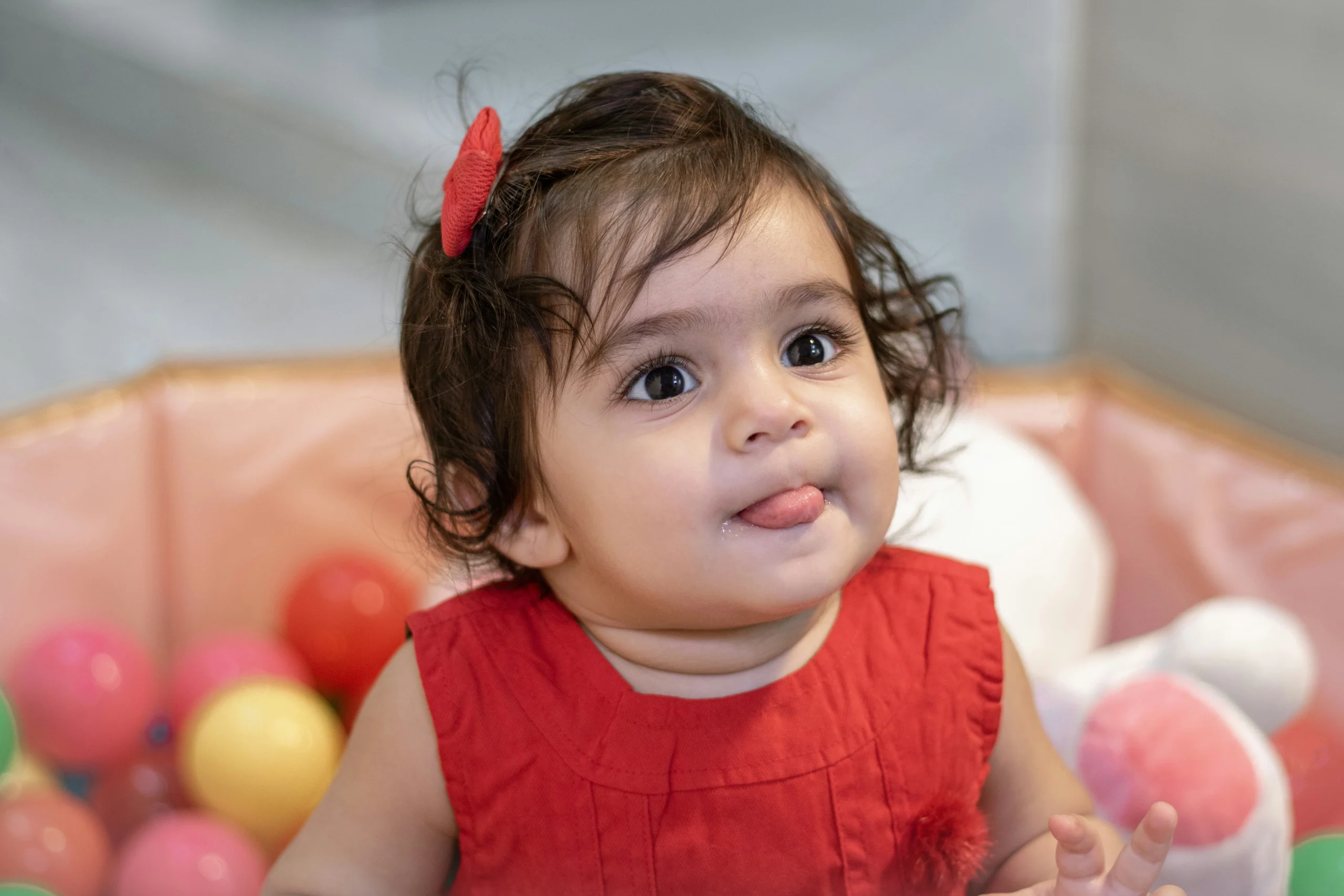If you don’t know me or my kids but still feel comfortable enough to smile, wave, or chat with them, I just want to say: thank you. Thank you for not treating us like “strangers,” because I certainly don’t see you that way, and I’m raising my kids to feel the same. Even if you might seem a bit peculiar—maybe especially then—we’ll continue to view you as a neighbor or a fellow community member, you know, a person.
When you smile at us, it reminds me that the small child sprinting off toward yet another muddy puddle (with one shoe mysteriously missing) while laughing like a maniac is actually pretty amusing. In some ways, it’s absolutely delightful! Your appreciation for them helps me remember to find joy in their antics. Your grins, waves, and kind words transform their world into a friendlier place.
I love it when my kids wave back at you, and it’s adorable how our four-year-old daughter can strike up conversations with everyone—from playground parents to that slightly disheveled couple trying to nap in the shade, whom she once awoke to offer carrot sticks (sorry about that!).
Sure, there are dangerous people out there. Who knows, maybe you could be one of them. But that’s why my kids, at ages 4 and 2, still have years of close supervision by a trusted adult before they get more freedom. During this time, I’m teaching them to trust their instincts and to be cautious around anyone—yes, even you—who makes them feel uneasy. They should never accept gifts from strangers or go anywhere with someone they don’t know. But for right now, while I’m watching, they can enjoy these interactions.
I want my kids to talk to strangers because I believe they deserve respect and a baseline level of trust unless proven otherwise. Sometimes, a person might evoke an instinctual distrust, but it’s essential they learn to discern whether it’s genuine caution or simply a case of prejudice. While I worry about reports of child abductions, which are statistically rare, I refuse to let that fear push families into isolation. That kind of mindset fosters division and hostility within our communities.
Fortunately, most people are decent, and crime statistics show that children are safer now than ever. It might be naive, but I find that treating people with trust and respect generally yields better outcomes than defaulting to suspicion.
I don’t want my children growing up with a mindset of fear towards everyone they haven’t met yet. That’s just about everyone, right? They’ll encounter people who look and live differently than us, and I want them to approach these interactions with open minds.
Of course, sometimes someone might trigger my kids’ mistrust for reasons they may not articulate, and that’s something to pay attention to. But being neighborly doesn’t mean they have to always prioritize others over their own comfort and assertiveness. I’d rather they embrace curiosity than live in a world dominated by suspicion. After all, as Yoda wisely noted, fear can lead to anger, and anger can lead to hate.
In conclusion, I want my kids to engage with the world around them, to build connections, and to understand that most interactions can be positive. Whether it’s chatting with a stranger at the park or sharing carrot sticks with a couple trying to nap, these moments shape their view of the world.
If you’re interested in more insights on parenting and home insemination, check out this excellent resource. And for helpful tools related to self-insemination, you might want to visit this authority on the topic.
